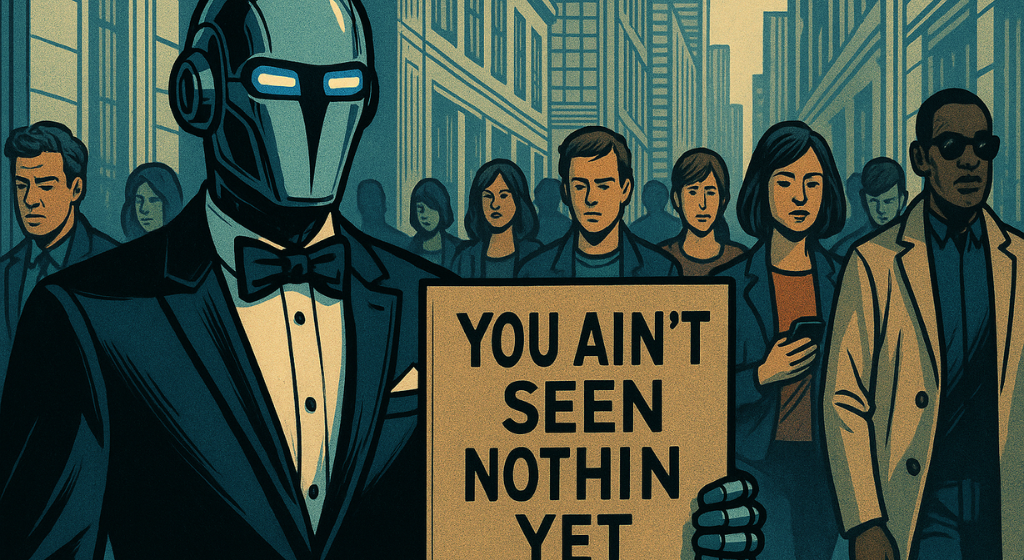
Eric Schmidt believes artificial intelligence is the most transformative force in a millennium—and says we’re still underestimating just how drastically it will change the world. (Source: Image by RR)
Schmidt Predicts AI Agents Will Autonomously Manage Entire Business Operations
Former Google CEO Eric Schmidt believes that AI is not being overhyped—if anything, he argues, it’s still drastically underestimated. Speaking at a recent TED Talk, Schmidt emphasized that AI’s real potential is only just beginning to unfold. He cited early AI breakthroughs like AlphaGo’s unprecedented gameplay move as just the start of a revolution that will redefine everything from business strategy to scientific discovery.
Schmidt highlighted AI’s rapid expansion beyond language processing into strategic planning and complex problem-solving. He predicts a dramatic increase in computational demands—by as much as 100 to 1,000 times—fueled by a vision where AI agents autonomously manage entire business operations. This vision, as noted in theneurondaily.com, includes AI-powered tutors for every child, digital healthcare assistants for underserved areas and even potential solutions to grand scientific mysteries like dark energy.
He also warned of a looming AI “arms race” between the U.S. and China, as both countries pour billions into AI innovation to secure future dominance. Schmidt sees this competition as pivotal, with the potential winner securing unmatched economic and strategic leverage. Despite the geopolitical tension, he remains optimistic about AI’s role in enhancing—not replacing—human labor, predicting that professions will evolve in complexity and scale alongside AI.
To those concerned about job loss, Schmidt offers reassurance: he views AI as a necessary solution to a global demographic challenge—falling birth rates. With fewer people entering the workforce, AI will fill critical labor gaps. In his view, far from making humanity obsolete, AI may be the tool that enables society to maintain productivity, innovation, and prosperity in a future with fewer workers.
read more at theneurondaily.com

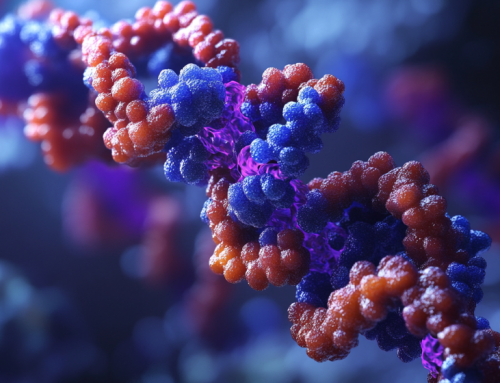
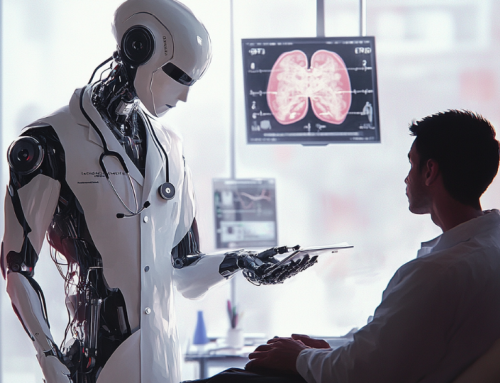

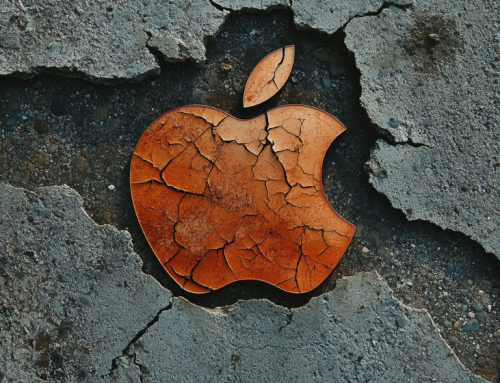
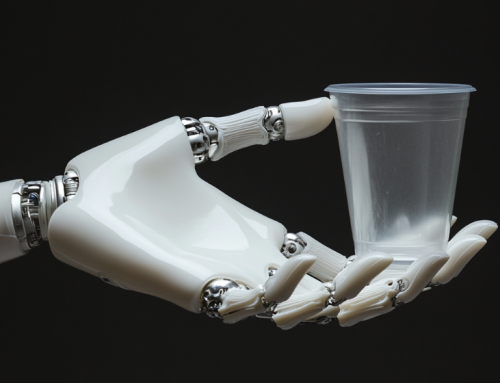

Leave A Comment